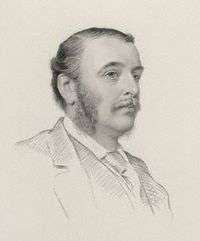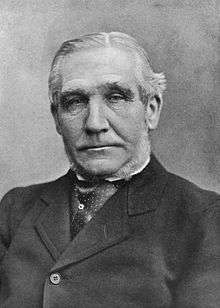Financial Secretary to the Treasury
| Financial Secretary to the Treasury | |
|---|---|
|
Arms of Her Majesty's Government | |
| HM Treasury | |
| Appointer | Elizabeth II |
| Inaugural holder | Thomas Harley |
| Formation | 11 June 1711 |
| Website | HM Treasury |
Financial Secretary to the Treasury is a junior Ministerial post in the British Treasury. It is the 4th most significant Ministerial role within the Treasury after the Chancellor of the Exchequer, the Chief Secretary to the Treasury, and the Paymaster General. It is almost never a Cabinet office.
The incumbent as of July 2016 is Jane Ellison, MP, previously a parliamentary under secretary in the Department of Health. The previous office holder was David Gauke, who was promoted to the position of Chief Secretary to the Treasury in July 2016.
History
The role of Financial Secretary to the Treasury was created in 1711 and was known as the Junior Secretary to the Treasury to help deal with the increasing workload of the Senior Secretary to the Treasury. The first Junior Secretary to the Treasury is recorded as Thomas Harley who was appointed on 11 June 1711. The position has continued without any major interruption to the present day. Initially when the position of Senior Secretary to the Treasury became vacant not as the result of an election of change of government the Junior Secretary was usually automatically promoted to the senior role. Over time however, the roles of the Senior and Junior Secretaries began to diverge with the Senior Secretary post being used as a sinecure post for the Chief Whip, with no formal responsibilities to the Treasury. The Junior Secretary however remained a substantive position working in the Treasury. As such the Senior Secretary became known as the 'Parliamentary Secretary to the Treasury' while the Junior Secretary became known as the 'Financial Secretary to the Treasury' and the 'automatic' promotion from Junior to Senior ceased. While the exact date this change occurred is disputed it is agreed that by 1830 the distinction was complete.[1]
In 1923 Sir William Joynson-Hicks became the–to date–only Financial Secretary to serve in the Cabinet due to the Prime Minister, Stanley Baldwin, also concurrently serving as Chancellor of the Exchequer.
Appointment to the position of Financial Secretary to the Treasury is often considered an important stepping stone in a politican's career; the previous four holders of the office have gone on to hold Cabinet-level positions.
Notable former Financial Secretaries to the Treasury include Lord Frederick Cavendish, Austen Chamberlain, Stanley Baldwin, Enoch Powell, Nigel Lawson, and Norman Lamont.
Current role
The current responsibilities of the Financial Secretary to the Treasury include Departmental responsibility for the Office for National Statistics, and the Royal Mint. The Financial Secretary to the Treasury had Departmental responsibility for HM Customs & Excise until the merger with the Inland Revenue to form HM Revenue and Customs.
Financial Secretaries to the Treasury since 1830
- see Secretary to the Treasury for earlier incumbents
1830–1900
Colour key (for political parties):
Conservative
Liberal
Peelite
Tory
Whig
1900–2001
Colour key (for political parties):
Conservative
Labour
Liberal
Liberal National
Liberal Unionist
National Labour
None
Unionist
| Name | Portrait | Term of office | Political party | Prime Minister | Chancellor | |||
|---|---|---|---|---|---|---|---|---|
| Austen Chamberlain |  |
7 November 1900 | 8 August 1902 | Liberal Unionist | Marquess of Salisbury (Unionist Coalition) |
Hicks Beach | ||
| Balfour (Unionist Coalition) | ||||||||
| William Fisher | 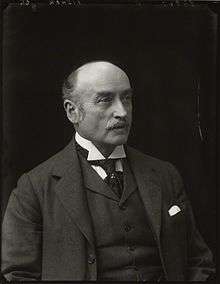 |
8 August 1902 | April 1903 | Conservative | Ritchie | |||
| Arthur Elliot | 10 April 1903 | 9 October 1903 | Conservative | |||||
| Victor Cavendish | 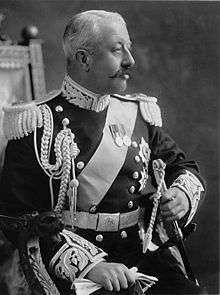 |
9 October 1903 | 5 December 1905 | Conservative | A. Chamberlain | |||
| Reginald McKenna | 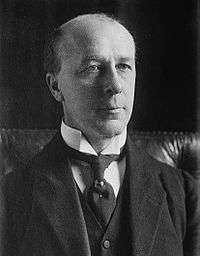 |
12 December 1905 | 23 January 1907 | Liberal | Campbell-Bannerman | Asquith | ||
| Walter Runciman | 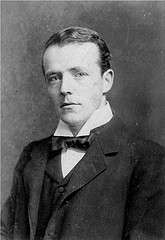 |
29 January 1907 | 1908 | Liberal | ||||
| Charles Hobhouse | 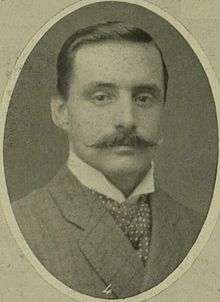 |
12 April 1908 | 1911 | Liberal | Asquith (I) |
Lloyd George | ||
| Thomas McKinnon Wood |  |
23 October 1911 | 13 February 1912 | Liberal | ||||
| Charles Masterman |  |
13 February 1912 | 11 February 1914 | Liberal | ||||
| Edwin Samuel Montagu | 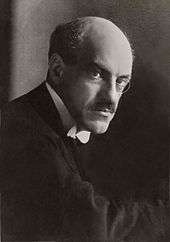 |
11 February 1914 | 3 February 1915 | Liberal | ||||
| Francis Dyke Acland |  |
3 February 1915 | 25 May 1915 | Liberal | ||||
| Edwin Samuel Montagu |  |
26 May 1915 | 9 July 1916 | Liberal | Asquith (Coalition) |
McKenna | ||
| Thomas McKinnon Wood |  |
9 July 1916 | 5 December 1916 | Liberal | ||||
| Hardman Lever |  |
15 December 1916 | 19 May 1919[Note 1] | None Civil servant |
Lloyd George (Coalition) |
Bonar Law (December 1916 – January 1919) A. Chamberlain (January 1919 – April 1921) | ||
| Stanley Baldwin |  |
18 June 1917[Note 1] | 1 April 1921 | Conservative | ||||
| Hilton Young | 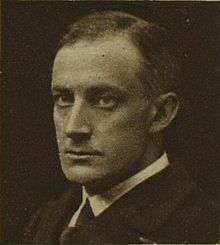 |
21 April 1921 | 19 October 1922 | Liberal | Horne | |||
| John Waller Hills | 6 November 1922 | 1923 | Conservative | Law | Baldwin | |||
| Archibald Boyd-Carpenter | 12 March 1923 | May 1923 | Conservative | |||||
| Sir William Joynson-Hicks, Bt | 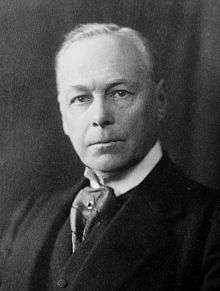 |
25 May 1923 | 27 August 1923[Note 2] | Conservative | Baldwin | |||
| Walter Guinness | 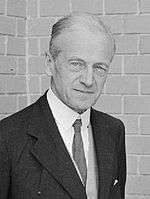 |
5 October 1923 | 1923 | Conservative | N. Chamberlain | |||
| William Graham | 23 January 1924 | 4 November 1924 | Labour | MacDonald | Snowden | |||
| Walter Guinness |  |
11 November 1924 | 5 November 1925 | Conservative | Baldwin | Churchill | ||
| Ronald McNeill |  |
5 November 1925 | 1 November 1927 | Conservative | ||||
| Arthur Samuel | 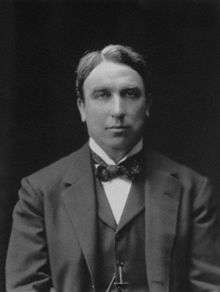 |
1 November 1927 | 5 June 1929 | Conservative | ||||
| Frederick Pethick-Lawrence | 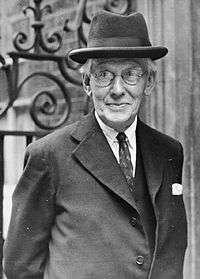 |
11 June 1929 | August 1931 | Labour | MacDonald (II) |
Snowden | ||
| Walter Elliot |  |
24 August 1931 | 29 September 1932 | Unionist | MacDonald (First National ministry) | |||
| MacDonald (Second National ministry) |
N. Chamberlain | |||||||
| Leslie Hore-Belisha | 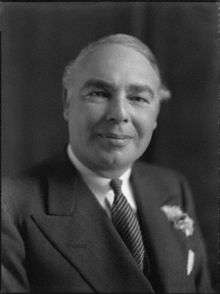 |
29 September 1932 | 29 June 1934 | Liberal National | ||||
| Duff Cooper | 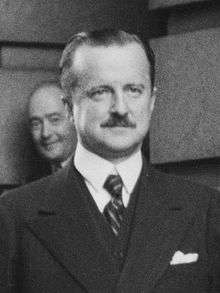 |
29 June 1934 | 22 November 1935 | Conservative | ||||
| Baldwin (Third National ministry) | ||||||||
| William Morrison |  |
22 November 1935 | 29 October 1936 | Conservative | ||||
| John Colville | 29 October 1936 | 1938 | Unionist | |||||
| N. Chamberlain (Fourth National ministry) |
Simon | |||||||
| Euan Wallace |  |
16 May 1938 | ? | Conservative | ||||
| Harry Crookshank | 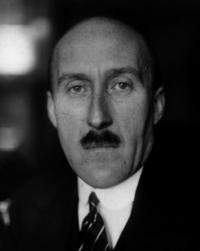 |
21 April 1939 | 7 February 1943 | Conservative | ||||
| N. Chamberlain (War) | ||||||||
| Churchill (War) |
Wood | |||||||
| Ralph Assheton | 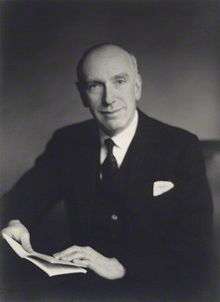 |
7 February 1943 | 29 October 1944 | Conservative | ||||
| Anderson | ||||||||
| Osbert Peake | 29 October 1944 | 26 July 1945 | Conservative | |||||
| Churchill (Caretaker) | ||||||||
| William Glenvil Hall | 4 August 1945 | 2 March 1950 | Labour | Attlee | Dalton | |||
| Cripps | ||||||||
| Douglas Jay | 2 March 1950 | 26 October 1951 | Labour | |||||
| Gaitskell | ||||||||
| John Boyd-Carpenter | 30 October 1951 | 28 July 1954 | Conservative | Churchill | Butler | |||
| Henry Brooke |  |
28 July 1954 | January 1957 | Conservative | ||||
| Eden | ||||||||
| Macmillan | ||||||||
| Enoch Powell |  |
January 1957 | January 1958 | Conservative | Macmillan | Thorneycroft | ||
| Jocelyn Simon | January 1958 | 22 October 1959 | Conservative | Heathcoat-Amory | ||||
| Sir Edward Boyle | 22 October 1959 | 16 July 1962 | Conservative | |||||
| Lloyd | ||||||||
| Anthony Barber | 16 July 1962 | 20 October 1963 | Conservative | Maudling | ||||
| Alan Green | 23 October 1963 | 16 October 1964 | Conservative | Douglas-Home | ||||
| Niall MacDermot | 21 October 1964 | 29 August 1967 | Labour | Wilson | Callaghan | |||
| Harold Lever | 29 August 1967 | 13 October 1969 | Labour | |||||
| Jenkins | ||||||||
| Dick Taverne | 13 October 1969 | 19 June 1970 | Labour | |||||
| Patrick Jenkin | 19 June 1970 | 7 April 1972 | Conservative | Heath | Macleod | |||
| Barber | ||||||||
| Terrence Higgins | 7 April 1972 | 4 March 1974 | Conservative | |||||
| John Gilbert | 8 March 1974 | 17 June 1975 | Labour | Wilson | Healey | |||
| Robert Sheldon | 17 June 1975 | 4 May 1979 | Labour | |||||
| Callaghan | ||||||||
| Nigel Lawson | 4 May 1979 | 14 September 1981 | Conservative | Thatcher | Howe | |||
| Nicholas Ridley | September 1981 | 11 June 1983 | Conservative | |||||
| John Moore |  |
19 October 1983 | 21 May 1986 | Conservative | Lawson | |||
| Norman Lamont |  |
21 May 1986 | 24 July 1989 | Conservative | ||||
| Peter Lilley |  |
24 July 1989 | 28 November 1990 | Conservative | ||||
| Major | ||||||||
| Francis Maude |  |
28 November 1990 | 11 April 1992 | Conservative | Major | Lamont | ||
| Stephen Dorrell | 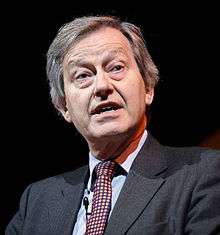 |
11 April 1992 | 11 July 1994 | Conservative | ||||
| Clarke | ||||||||
| Sir George Young, Bt | 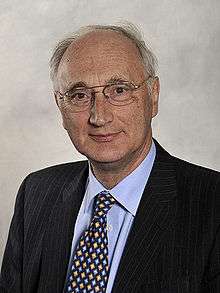 |
11 July 1994 | 5 July 1995 | Conservative | ||||
| Michael Jack | 5 July 1995 | 2 May 1997 | Conservative | |||||
| Dawn Primarolo |  |
2 May 1997 | 4 January 1999 | Labour | Blair | Brown | ||
| Barbara Roche | 4 January 1999 | 29 July 1999 | Labour | |||||
| Stephen Timms | 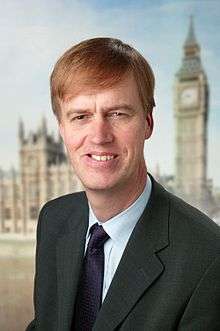 |
29 July 1999 | 8 June 2001 | Labour | ||||
Note 1. ^ Between June 1917 and May 1919 Lever and Baldwin jointly held the position of Financial Secretary.
Note 2. ^ As Baldwin was both Prime Minister and Chancellor of the Exchequer Joynson-Hicks was a member of the Cabinet.
2001–present
Colour key (for political parties):
Conservative
Labour
| Name | Portrait | Term of office | Political party | Prime Minister | Chancellor | |||
|---|---|---|---|---|---|---|---|---|
| Paul Boateng | 8 June 2001 | May 2002 | Labour | Blair | Brown | |||
| Ruth Kelly | 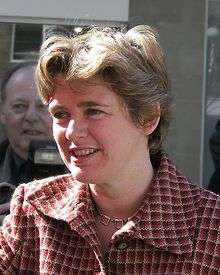 |
May 2002 | 9 September 2004 | Labour | ||||
| Stephen Timms |  |
12 September 2004 | 6 May 2005 | Labour | ||||
| John Healey |  |
6 May 2005 | 28 June 2007 | Labour | ||||
| Jane Kennedy |  |
28 June 2007 | 5 October 2008 | Labour | Brown | Darling | ||
| Stephen Timms |  |
5 October 2008 | 11 May 2010 | Labour | ||||
| Mark Hoban | 13 May 2010 | 4 September 2012 | Conservative | Cameron (Coalition) |
Osborne | |||
| Greg Clark |  |
4 September 2012 | 7 October 2013 | Conservative | ||||
| Sajid Javid |  |
7 October 2013 | 9 April 2014 | Conservative | ||||
| Nicky Morgan |  |
9 April 2014 | 15 July 2014 | Conservative | ||||
| David Gauke | 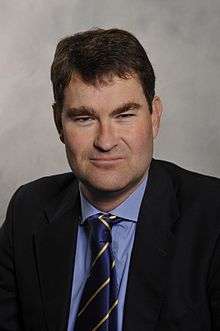 |
15 July 2014 | 14 July 2016 | Conservative | ||||
| Cameron (II) | ||||||||
| Jane Ellison | 15 July 2016 | Incumbent | Conservative | May | Hammond | |||
See also
References
- ↑ "Secretaries 1660-1870". British History Online. Retrieved 9 October 2016.
.svg.png)
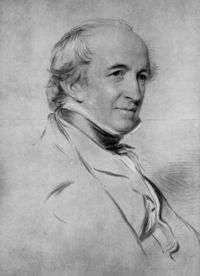


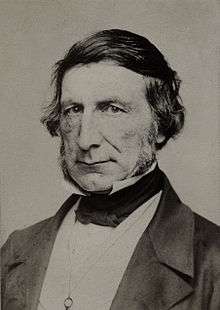
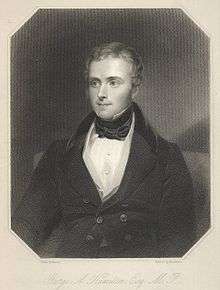
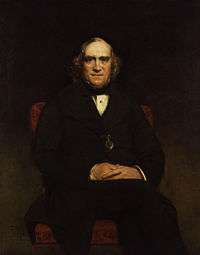
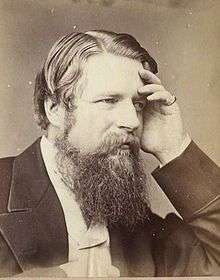

_.jpg)

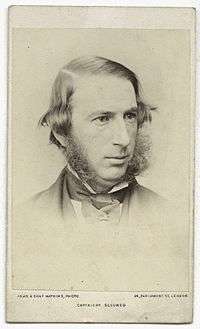
.jpg)
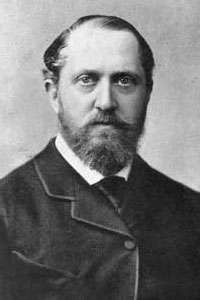
%2C_by_John_D._Miller%2C_pubd_1883_(after_Sir_William_Blake_Richmond%2C_exh._RA_1874).jpg)

